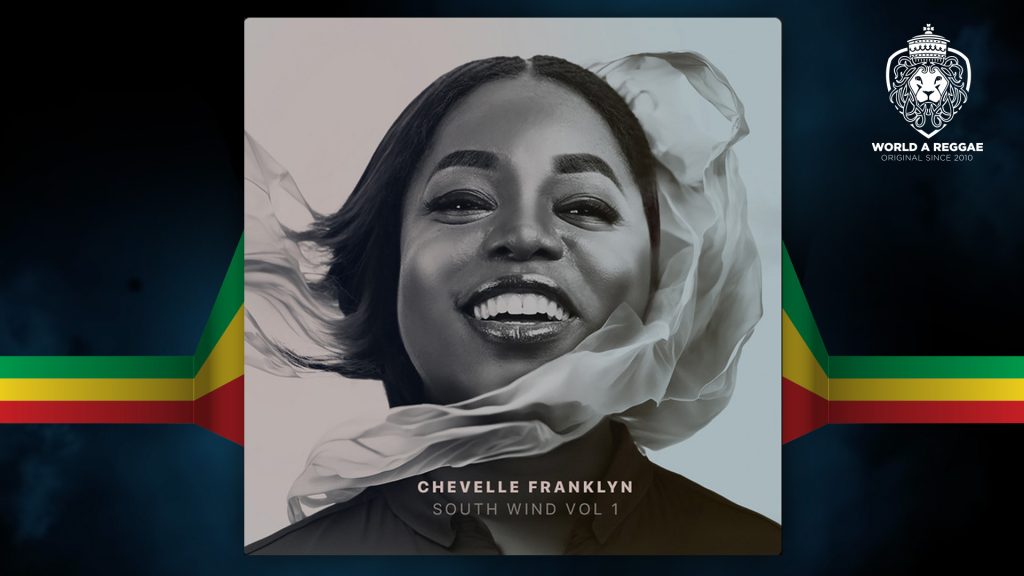There was sustained applause as Chevelle Franklyn made her way to the podium to accept a Grammy Certificate for her work as lead and harmony singer on X-tra Naked, Shabba Ranks’ album that won the Best Reggae Album Grammy in 1993.
The occasion was an August 13 ceremony in Kingston where a number of artistes, producers, and engineers were similarly rewarded by Back 2 Da Future Music Ltd., a British music publishing company.
Dressed in a red African outfit, 50-year-old Franklyn accepted the citation three days before the release of South Wind Vol. 1, her latest album. Recorded in South Africa with musicians from that country, it is her fifth gospel set, since becoming a born-again Christian 26 years ago.
“It’s an amazing album, it’s just one of those albums that just worked out. I felt that’s where (South Africa) I needed to be because of the level of production I was looking for,” she said.
South Wind was recorded entirely in Johannesburg where Franklyn had previously recorded. Her earlier recording sessions there with local musicians inspired the album on which production began eight years ago.
All songs on the album are done to African rhythms, a difference from the dancehall-reggae beats Franklyn has recorded for most of her career.
“God has given me the opportunity to go into many different nations — Nigeria, Ghana, Australia. So, yes, I like to be diverse and do things outside of dancehall-reggae,” she stated.
From Spanish Town, Jamaica’s first capital, Chevelle Franklyn remembers hearing her mother and grandmother sing as a child. They never realised their ambitions to go further as entertainers, which inspired her to take up the mantle.
After launching her career as a teenager in the late 1980s, Franklyn scored several hit singles in the following decade. They included collaborations with Lady G (Thank You), Beenie Man (Dancehall Queen), and La Bamba with Ambelique.
Mr. Loverman is her biggest commercial success. It was released in 1992 by Epic Records when dancehall music gained popularity in the American pop market; the song was a hit in the United States and the United Kingdom.
For all she achieved, financial reward was elusive and Franklyn decided the time was right for her life to take a different path in 1998.
“I always felt the call of God, but then I started saying, ‘Lord, I want to die knowing my soul is right with you’. I have no regrets because I’ve never been happier,” she said.
By Howard Campbell for Worldareggae.com

